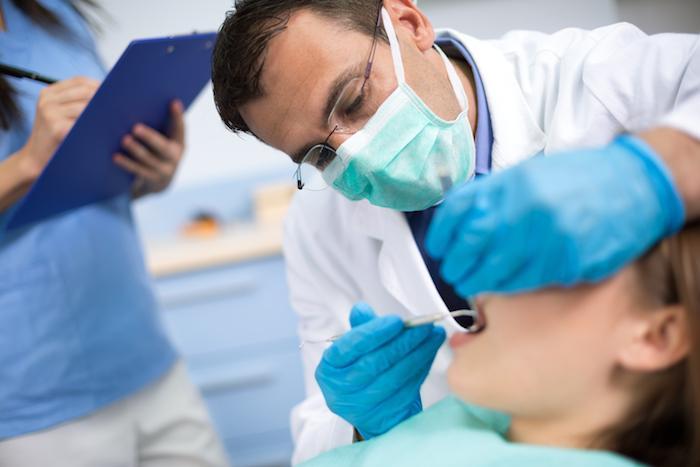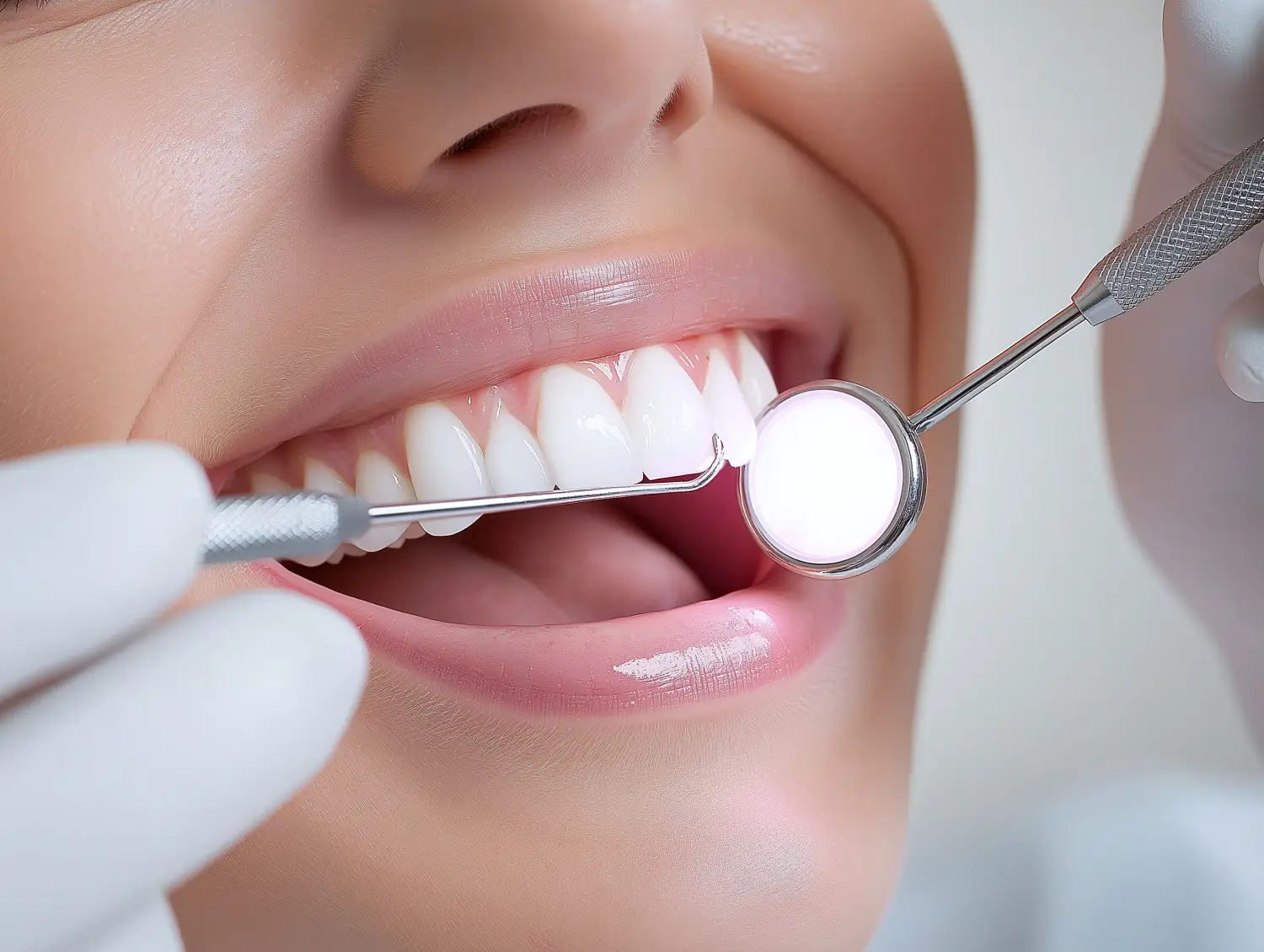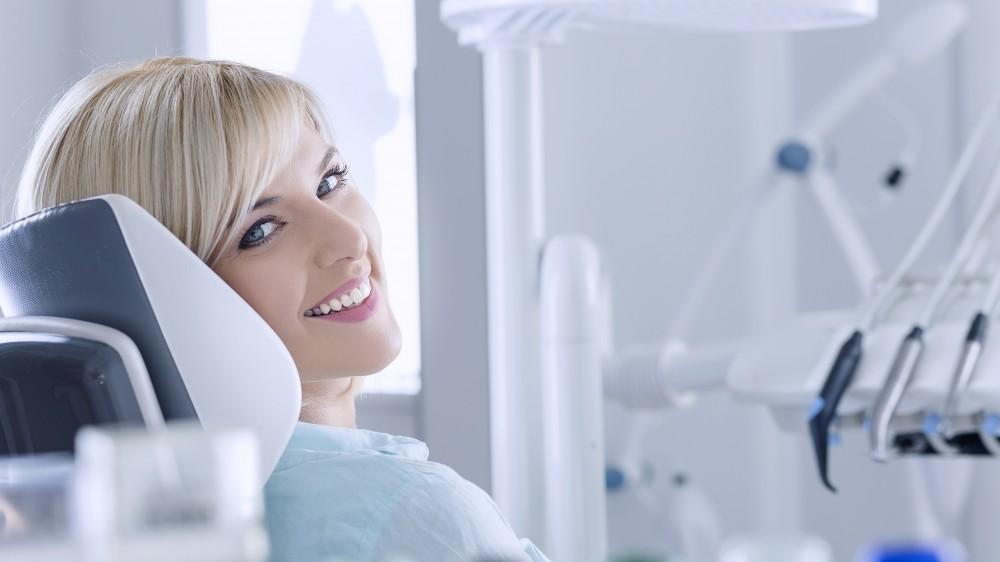
Are These Things Putting You At Risk for Oral Cancer?
Think back to your last dental checkup. Did your dentist examine the underside of your tongue or shine a special light in your mouth? These actions are two components of an oral cancer screening. Like other health screenings, an oral cancer screening is designed to detect the early signs of disease – in this case, oral or mouth cancer.
According to the American Cancer Society, an estimated 54,000 new cases of oral cancer are diagnosed in the United States. While you may be more familiar with other types of cancers like breast and skin cancers, knowing if you are at risk of oral cancer is something to put on your radar.
In this blog, Dr. Marcano unpacks what oral cancer is and what you need to know about your risk of developing it.
Oral cancer explained
Let’s start with a few key facts. Oral cancer is defined as the abnormal growth of cells in the oral cavity – mouth lining, gums, lips, and the tongue. Oral cancer is twice as common in men as women and slightly more common in white people than black people. There are a variety of factors that may put you at a higher risk of developing oral cancer. The good news is that many risk factors are lifestyle factors that you can modify to lower your risk.
Tobacco use and alcohol consumption
The biggest modifiable risk factor for developing oral cancer is tobacco and alcohol use. About 90% of oral cancers worldwide may be connected to tobacco use, alcohol consumption, or a combination thereof. In fact, according to Johns Hopkins Medicine, smokers are ten times more likely to develop oral cancer than the general population.
And the more you smoke or drink, the higher the risk. According to the Oral Cancer Foundation, excessive alcohol consumption or abuse – defined as more than 21 drinks in seven days – is the second largest risk factor for developing oral cancer.
Human papillomavirus or HPV
HPV or human papillomavirus is the most commonly diagnosed sexually transmitted infection in the United States. You may know that HPV is connected to the development of genital warts and some cancers, such as vaginal, cervical, penile, and anal cancer. HPV may also be connected to oral cancer. Type HPV-16 is believed to be linked to oral cancers that develop at the base of the tongue and in the tonsils.
Poor nutrition and excessive body weight
It should come as no surprise that good nutrition and healthy body weight are as important to staving off oral cancer as they are to your overall health. Several studies have found that diets low in fruits and vegetables and high in starchy foods are linked with an increased risk of oral cancers.
Excessive sun exposure
Ongoing exposure to ultraviolet (UV) is also a risk factor for oral cancer. This is particularly important for people who typically work outdoors and are exposed to sunlight day after day. Reducing exposure by using sunscreen or wearing hats or other protective gear may reduce the risks of developing cancers of the lip.
Early detection is important
Although there are no strict guidelines or recommendations on getting oral cancer screenings, as with other diseases and cancers, getting ahead of the condition by detecting it early is key. If you recognize some of the risk factors of oral cancer, notice unusual lumps, bumps, or patches and have not had an oral cancer screening, contact your dentist or provider to schedule one.
Catching precancerous lesions, which can develop into oral cancer early when they can be removed easier, typically leads to the best treatment outcome. Here at Orlando Center for Cosmetic Dentistry, we do an oral cancer exam at every regular dental checkup. If Dr. Marcano detects abnormalities during the exam, he schedules a follow-up appointment two weeks later. If, after two weeks, the lesion is still there or has grown in size, he performs a biopsy and sends it to a dental laboratory that assesses it for cancerous cells.
If the biopsy reveals oral cancer, your dentist coordinates treatment with an oral surgeon and an oncologist. If you want to learn more about oral cancer or schedule an oral cancer exam, contact Orlando Center For Cosmetic Dentistry. Make your appointment by clicking the online booking tool or calling the office today at 407-270-1053.
Related Posts

Welcome to Orlando Center for Cosmetic Dentistry

Teeth Cleaning Aftercare Tips

What Are Dentures? Everything You Need to Know
%20copy.jpg)
Schedule your visit today
We’re here to help you achieve a healthier, more confident smile with precision care and no pressure. Let’s get you started.
